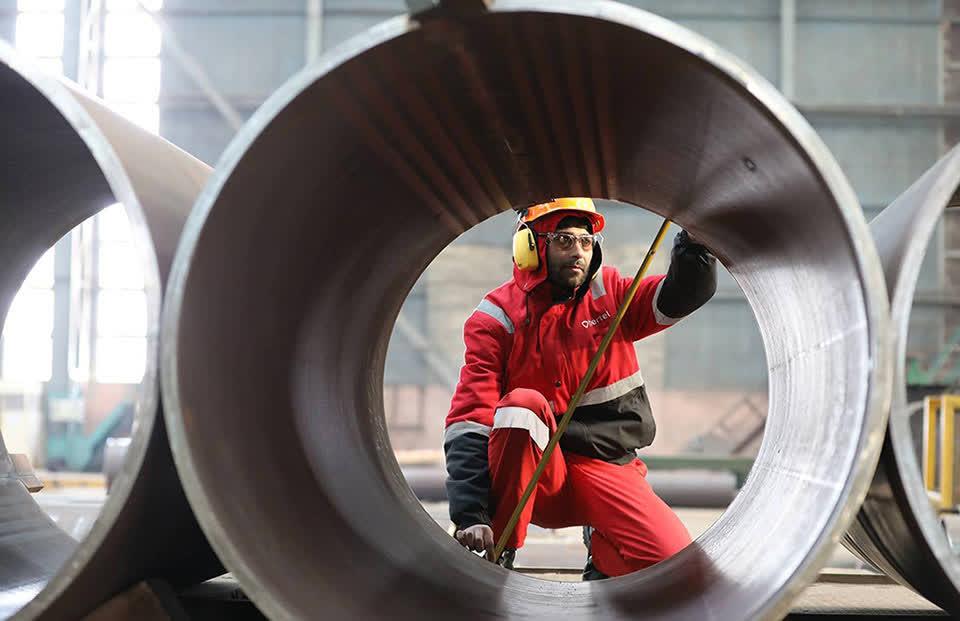Georgia imported more Russian gas last year than it has since the two countries’ 2008 war.
https://eurasianet.org/-Nino Bakradze
Does Azerbaijan have enough gas to meet Georgian demand? (SOCAR)
While Europe is trying to reduce imports of Russian gas, Georgia is increasing purchases from the country. The contracts are not available for public scrutiny, but media and international observers are concerned with the shift. After all, it was not so many winters ago that Russia used energy as a weapon in its conflict with Georgia.
Georgia’s gas purchases from Russia have been growing for four years, jumping 44 percent by volume in 2021 to levels not seen since before the two went to war in 2008. Meanwhile, deliveries from Azerbaijan fell by 32 percent last year, according to new figures from Georgia’s National Statistics Office, continuing a downward trend.
In dollar terms, the gas imports grew over eight-fold in four years, to $97 million in 2021, which is still far less than the $256 million Georgia spent on Azerbaijani gas.
Natural gas is Georgia’s main energy source; 99.5 percent of it is imported, says the Paris-based International Energy Agency (IEA). Consumption has doubled since the war.
In 2006, as political tensions increased between the two countries, Russia cut off gas and electricity supplies to Georgia in the winter, creating an energy crisis. Neighboring Azerbaijan stepped in and its state energy company, SOCAR, became the country’s main gas supplier.
Fast forward almost a decade and in 2015 the then-new Georgian government quietly began negotiating with Russia’s Gazprom. Through Russian media, the Georgian public learned about a Brussels meeting that year between Energy Minister Kakha Kaladze and Gazprom chief Alexey Miller. After news of the meeting broke, Georgian officials offered several explanations, with Kaladze stressing that increasing domestic demand and shortages from Azerbaijan were forcing his government to look for gas elsewhere.
Azerbaijan denied any shortages. That fall, Azerbaijani President Ilham Aliyev visited Tbilisi and said that his country had no problem supplying Georgia, or anyone else for that matter. “Azerbaijan has huge gas reserves. Azerbaijan can supply gas not only to Georgia, but to the whole of Europe for another 100 years,” Aliyev said. Indeed, imports from Azerbaijan continued to grow through 2019.
But even if there were no reasons for concern about supply, Georgia’s current import system is good for neither business nor consumers, says the IEA.
The “non-transparent governmental agreements” with SOCAR and Gazprom not only give the two companies market leverage, but “could be a threat to energy security,” the IEA warned in a 2020 country briefing. The setup is also bad for Georgia’s economic outlook: “The government would benefit significantly from putting strong checks and balances in place to manage the risks of the current situation.”
Nino Bakradze is a journalist based in Tbilisi.

